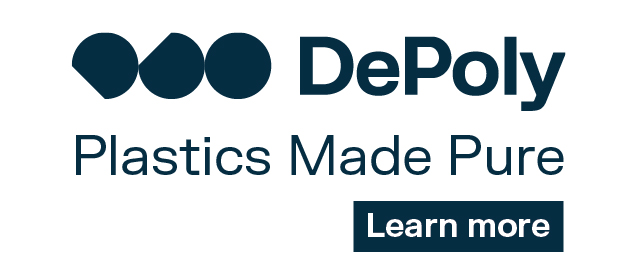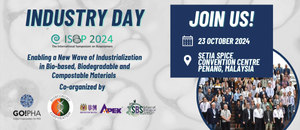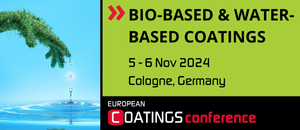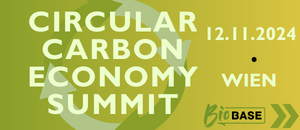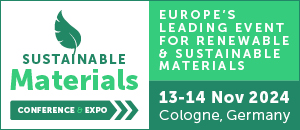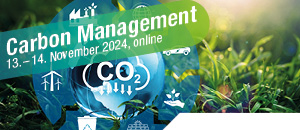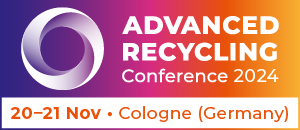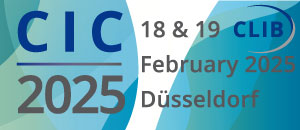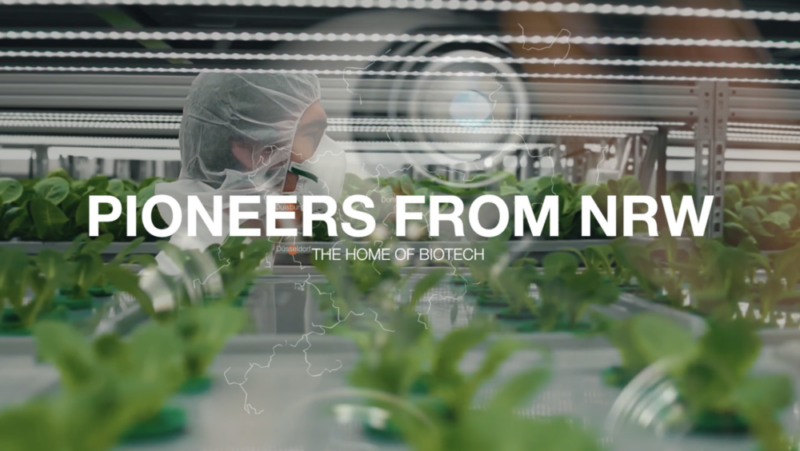
They are well known in the cities: the old clothes containers. Rarely beautiful, often overcrowded. And it is not only in this country that the mountains of fast-fashion clothes are becoming a problem.
This is where eeden comes in. The Münster-based start-up not only wants to recycle, it wants to upcycle. Upcycling is the process of turning seemingly useless materials into new products. The idea is that old clothes contain valuable resources that can be extracted through new, creative processes.
The way eedens does this is by extracting cellulose from cotton textiles. Instead of disposing of clothes in the traditional way, eeden uses them as a resource. The extracted cellulose can be used to make lyocell or viscose and thus becomes the starting material for a completely new production cycle.
Eeden’s message is as clear as a cloudless sky: clothing should not be a fleeting phenomenon, but a precious commodity. With its mission, the start-up is not only helping to reduce waste, but also enabling the resource efficiency that the fashion industry desperately needs. By putting the ideas of the circular economy into practice, they are showing that sustainability and innovation can go hand in hand. And with their concept of upcycling, they are opening up new horizons for the fashion industry. Old clothes are history, but their potential lies in the future.
As part of our Pioneers from NRW series, we visited this exciting start-up in Münster and spent a day being convinced by their ideas. The result is this short film report.
Source
Bio.NRW, press release, 2023-08-23.
Supplier
BIO.NRW Cluster Biotechnologie Nordrhein-Westfalen
eeden
Share
Renewable Carbon News – Daily Newsletter
Subscribe to our daily email newsletter – the world's leading newsletter on renewable materials and chemicals






